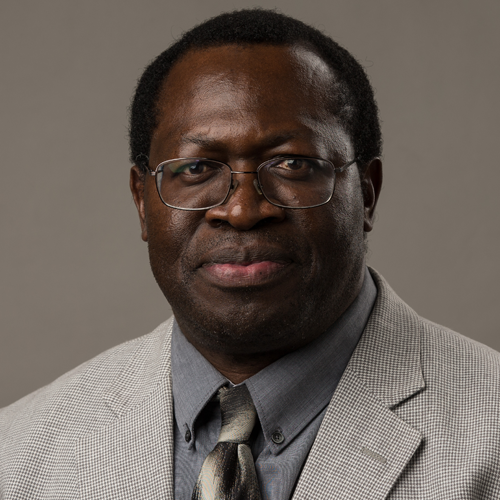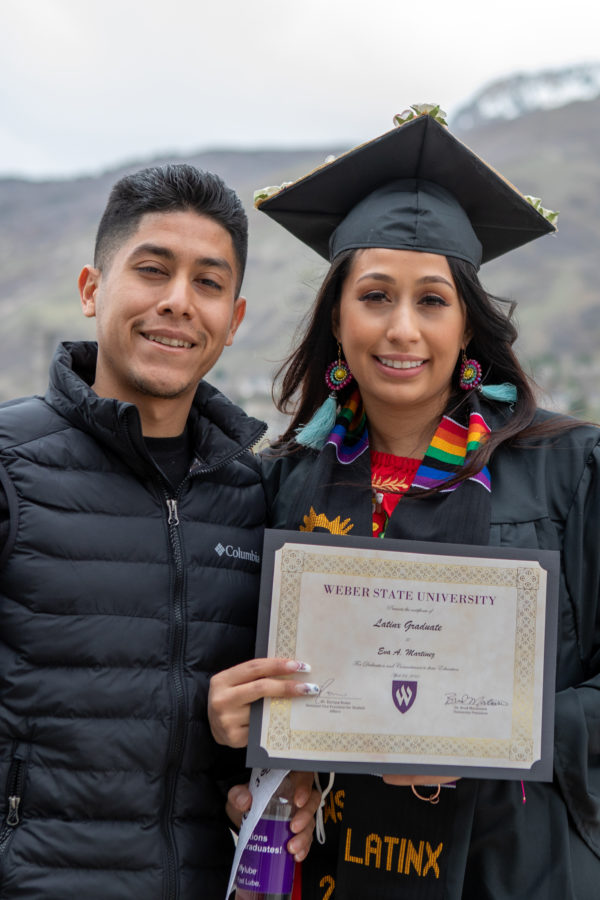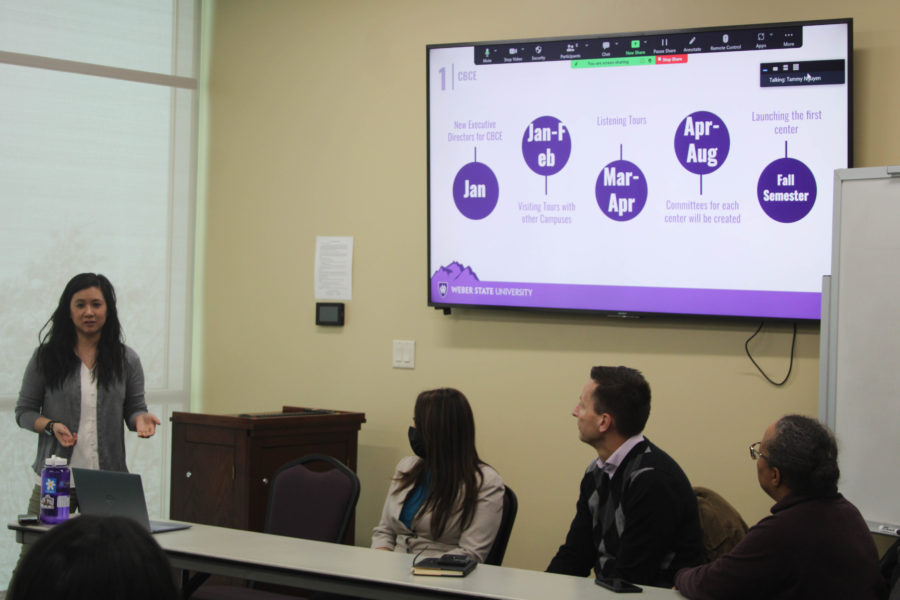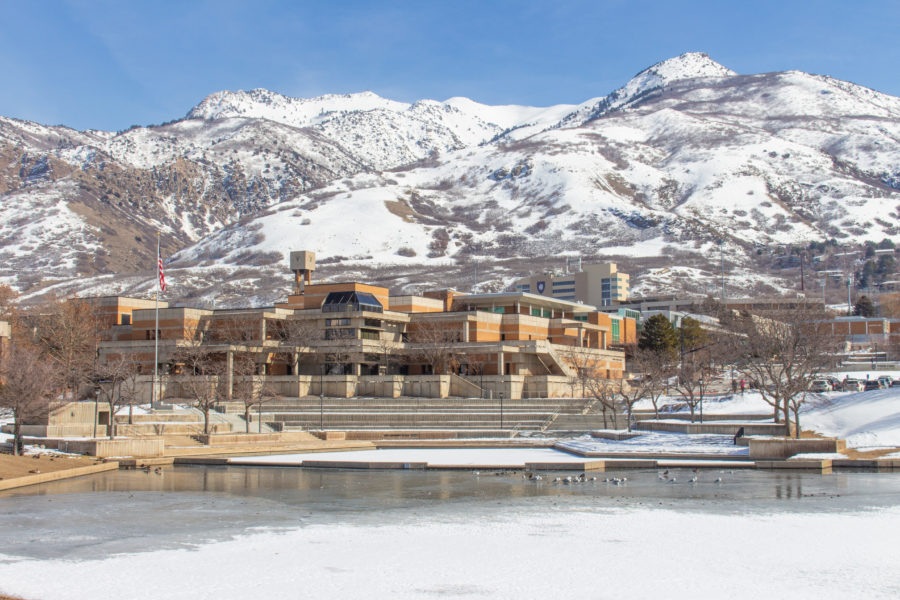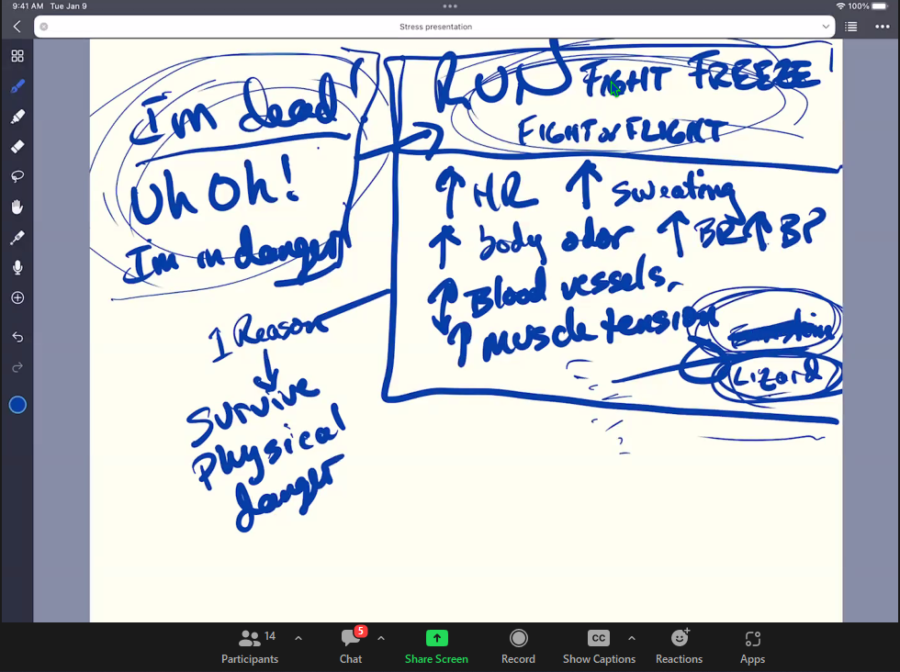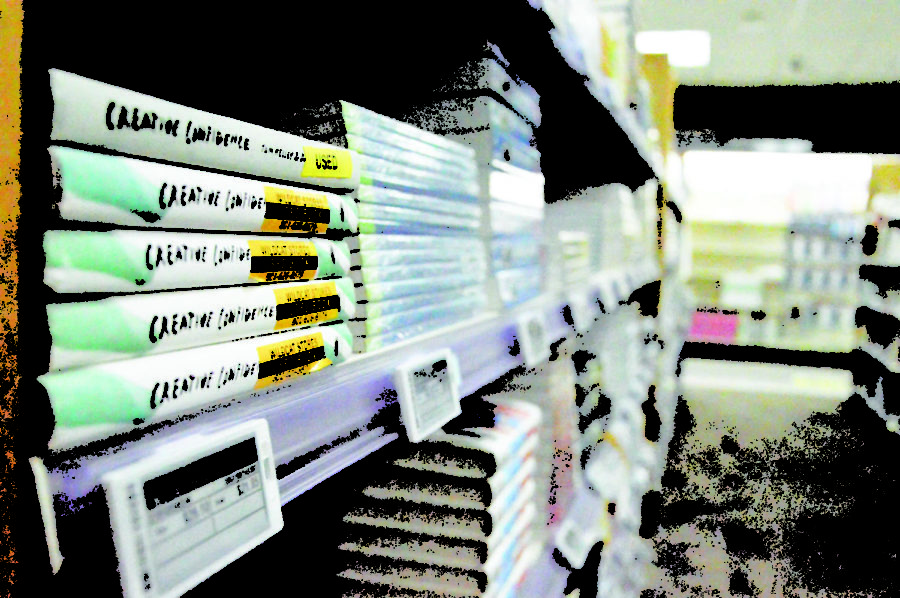
For the first time at Weber State University, Project Success Inc. — an Ogden-based, nonprofit community learning center — put on the 24th annual Juneteenth Freedom and Heritage Festival on Saturday.
The event was Project Success’ version of Juneteenth, the oldest and most widespread of celebrations marking the anniversary of the end of slavery in the United States.
This year’s Juneteenth celebration is themed “Created Equal” and is especially significant because it’s also the 150-year anniversary of President Abraham Lincoln enacting that all enslaved in the Confederate territory be forever freed with the Emancipation Proclamation, and the 50-year anniversary of Martin Luther King Jr.’s historic march on Washington D.C.
The festival featured a “freedom timeline” highlighting significant civil rights events in both U.S. and Utah history, live performances by musical artists and step teams, food vendors, a health and wellness fair, face painting by the clown Tita La Payasita, and various booths and activities for attendants.
Chris Norton was one of the vendors, representing with his Southern Smoke BBQ tent.
“I love making good Southern food for the masses,” Norton said.
Barbecue ribs in hand, some families took seats to watch local, regional and national performances, featuring rhythm and blues artist Jordan Soul and the Joe McQueen Jazz Ensemble, hip-hop artist Andru Markel and Mr. 200, and Ogden’s local Step Ladies of Today, just to name a few.
Betty Sawyer, the co-founder of Project Success and director of WSU’s State GEAR-UP Partnership, said Project Success’ goal is to engage the community and help celebrate the history and the life and times of African-Americans that have influenced not only the nation, but Utah as well.
The 2010 Census estimated for 2011 that out of the 2,763,885 residents in Utah, African-Americans comprise only 1.3 percent, or 29,287. Ogden, home to 83,793 residents, has an African-American population of only 2.2 percent, contrasting with a national average of around 13 percent.
Despite Utah’s relatively small population of African-Americans, the event was open for everyone and intended to celebrate diversity. Groups like Black Scholars United were at the event, aiming to raise awareness of racial issues and promote tolerance and diversity.
“We are a recruitment place where anyone can join, and we promote community service, higher education and Weber State,” said Juhi Dubal, president of Black Scholars United at WSU.
The Juneteenth festival attracted not just Utah residents, but many others from other states and countries, such as Behaion Fitzjames from Denver, Colo., and Kania Gardner from Kenya, Africa, both involved in Clearfield Job Corps.
The festival being held at WSU for the first time this year is significant to the campus community because of the importance of diversity on campus. Forrest Crawford is currently serving as the assistant to the president for diversity until Adrienne Andrews takes over the position on July 1. Crawford, who has been at WSU since 1977, said he’s seen changes within the university as far as diversity goes.
“What you saw is an evolution over time where diversity began to get a wider audience and voice of concern,” Crawford said. “Now you see diversity stranding into the academic arena. You have faculty who are now doing research and scholarly interest in diversity, multiculturalism, gender studies, and so forth and so on.”
Crawford said the diversification of WSU isn’t without challenge, though.
“Part of our challenge now is to say, as we’re reaching out to these communities who have not had a traditional relationship with us, how do we make them feel like Weber State is their culture and community also? How do we make them feel like they are equal partners, equal stakeholders in building Weber State as a culture?”















